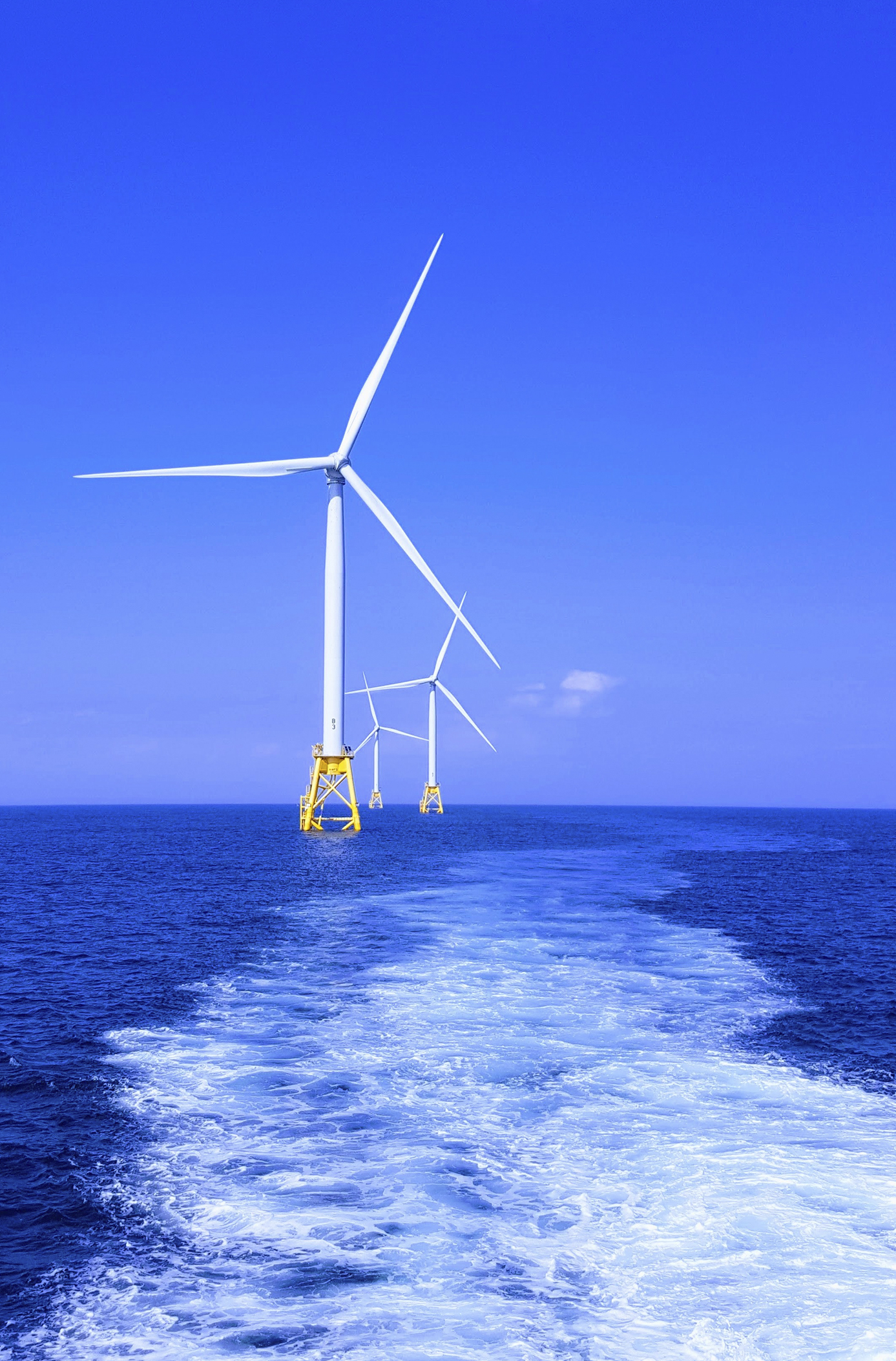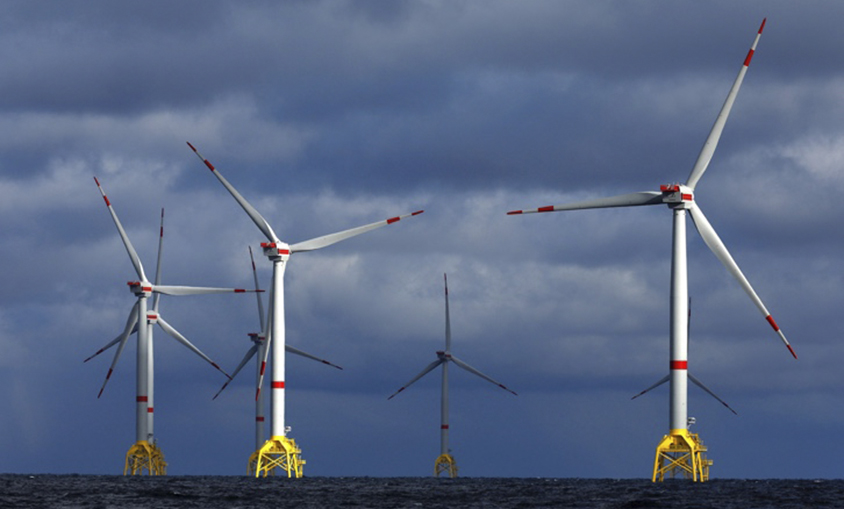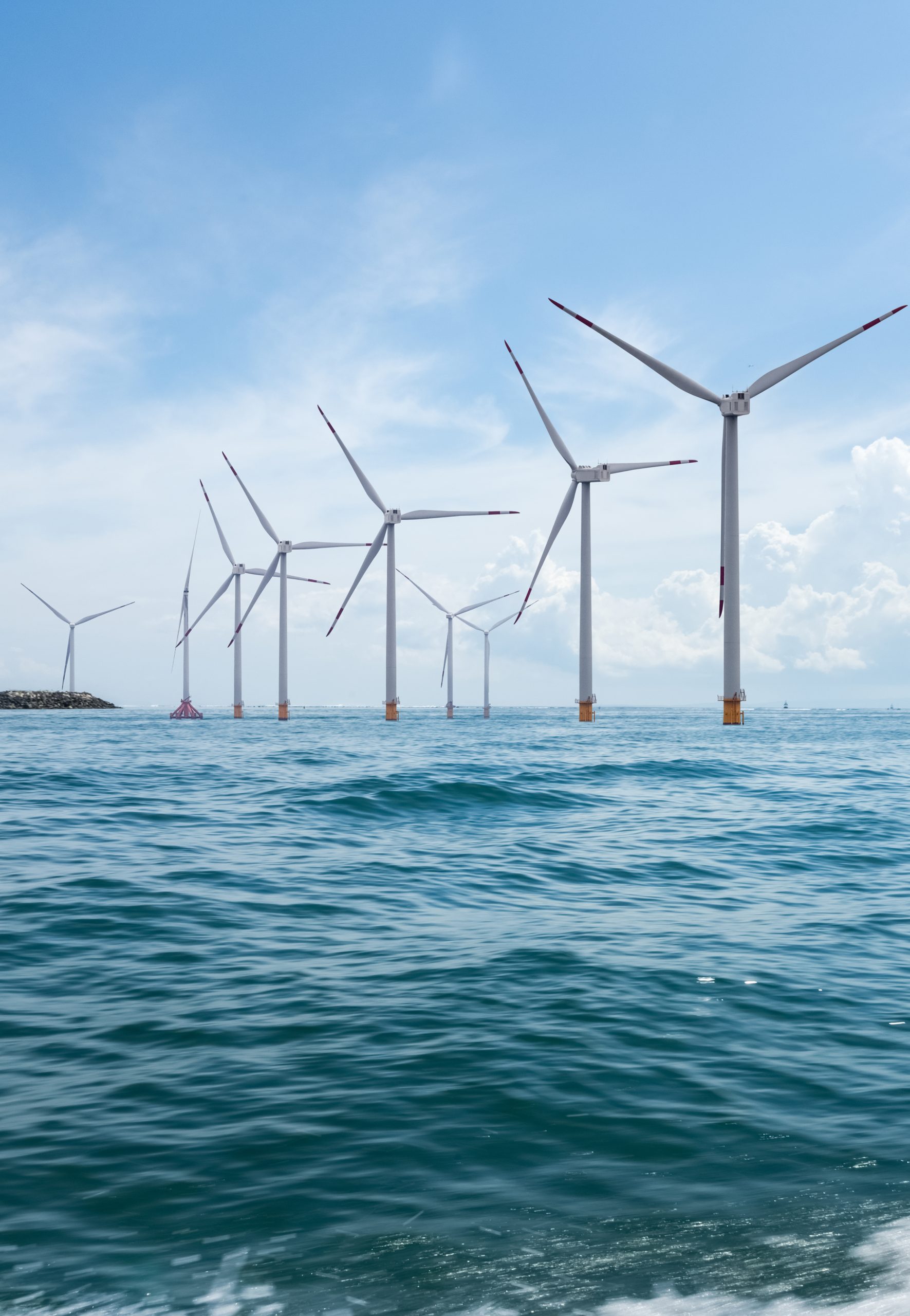
Manifesto 2022
Manifesto for the development of offshore wind energy.
More than 170 companies and organisations, including Acebron Group, from the wind and naval sectors, trade unions, technology centres, clusters and the university world, among others, have joined forces to promote the development of offshore wind energy by signing a manifesto for its development.
The aim of this manifesto is to promote the development of offshore wind energy in Spain and to convey the need to speed up the development of the regulatory framework so that Spain can maintain its position as world leader in floating offshore wind energy.

Growth potential
Offshore wind is a renewable energy with huge growth potential. According to IRENA projections, to meet the Paris Agreement targets, the total global offshore wind capacity needed will be 228 GW by 2030 and 1,000 GW by 2050.
Spain has 7,661 km of coastline. An extension that offers the country the opportunity to take advantage of offshore wind. Due to the characteristics of our coastline, the most suitable offshore wind technology is floating offshore wind. This technology has numerous demonstration projects and the first commercial wind farms are already under development in our country.
14 reasons why floating offshore wind is an opportunity for Spain
01
Offshore wind is a renewable and inexhaustible natural resource, greater and more constant than on land, which allows for greater energy use and greater generation capacity.
02
80% of the world’s offshore wind potential is located in deep waters, where fixed foundations are not viable. Due to the characteristics of its coastline, Spain has very favourable conditions for exploiting this resource by means of floating wind turbines.
03
Offshore wind is key to meeting decarbonisation targets and implementing the energy transition in Spain and Europe, by expanding favourable areas for renewable energy deployment and reducing pressure on land-based sites for renewable energy deployment and reducing pressure on onshore sites.
04
The development of floating offshore wind power will boost other industrial sectors of high technological maturity in Spain, which are very important for our economy, such as shipyards and shipbuilding, civil engineering, the metal industry, logistics and the construction industry.
05
Floating offshore wind will strengthen the country’s maritime port infrastructures and logistical capacities and increase their value and economic activity.
06
The implementation of floating offshore wind power requires skilled employment in many technical disciplines, for which vocational training is a key development vector.
07
Offshore wind is a boost for Spanish scientific and academic activity related to marine sciences, technological development and the blue economy.
08
Floating wind farms bring economic and social benefits to the regions where they are installed.
09
Floating wind farms bring economic and social benefits to the regions where they are installed.
10
Floating wind farms reduce their environmental impact and improve their competitiveness (logistics, transport, infrastructures, etc.) by allowing manufacturing, assembly and maintenance activities to be carried out in ports and shipyards and then towed to the site of the offshore wind farm.
11
Floating offshore wind allows greater flexibility for the installation of wind turbines in a way that is compatible with other activities such as fishing, sailing and other uses of the sea.
12
Floating offshore wind reduces the visual impact of wind turbines and is compatible with an image of quality tourism and provides values of sustainability and modernity.
13
Offshore wind can consolidate marine areas as “sanctuaries” for marine biodiversity, generating benefits for the environment, fishing and other marine activities.
14
Floating offshore wind represents an opportunity for self-consumption by the electricity-intensive industry, for applications such as desalination or renewable hydrogen production.




